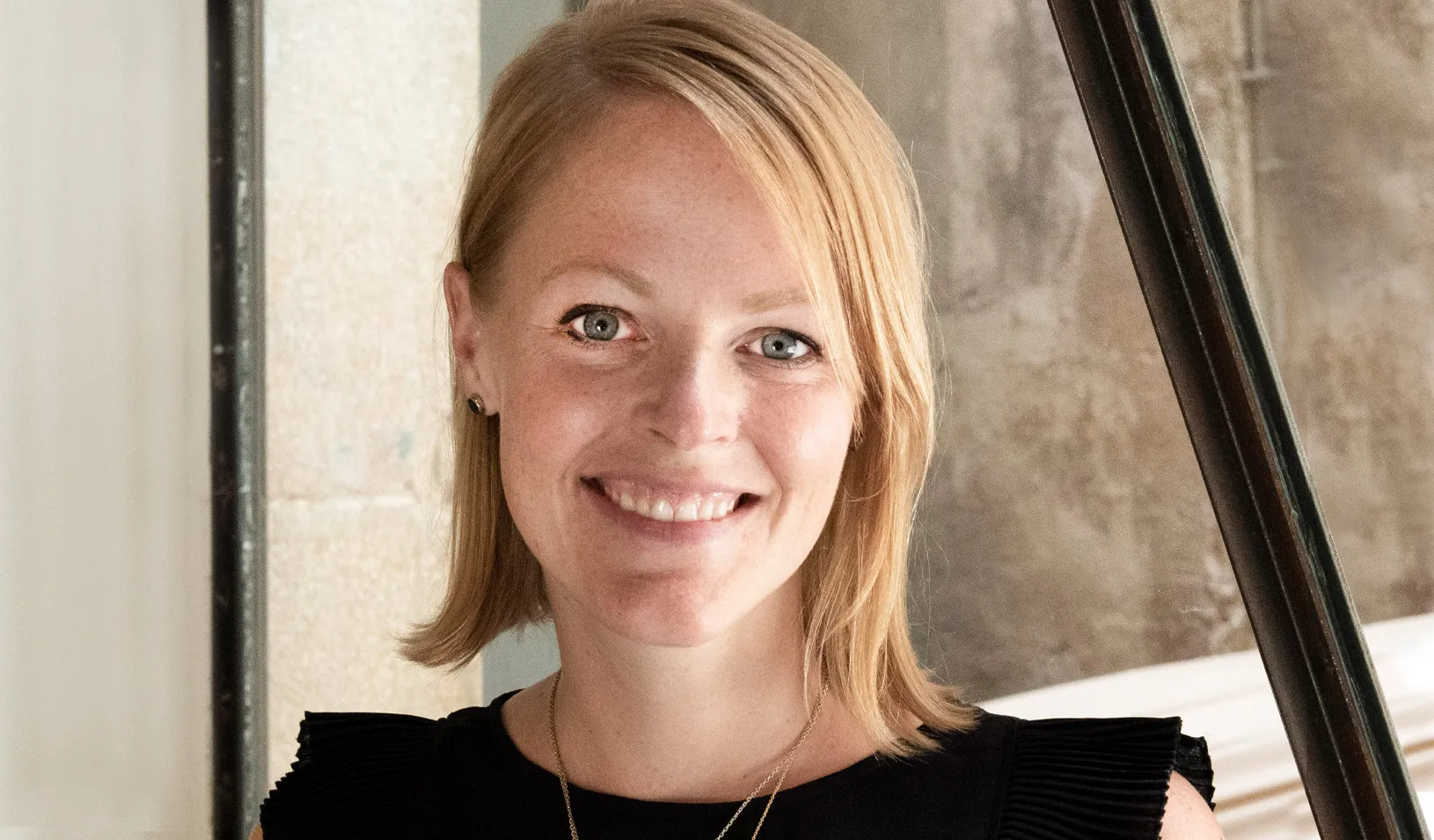Stanford GSB Offers First Africa MBA Fellowship
Grant created to encourage African citizens with a commitment to the continent's development to pursue an MBA at Stanford.
May 01, 2013
Stanford GSB students in Africa
The Stanford Graduate School of Business today announced its first Stanford Africa MBA Fellowship. The grant was created to encourage talented African citizens with a commitment to the continent’s development to pursue an MBA at Stanford.
Up to eight fellowships will be awarded annually. Each will cover tuition and associated fees of approximately US$140,000 for the two-year program. The fellowship has been launched as a pilot and is expected to continue for three to five years.
Africa is home to 6 of the world’s 10 fastest-growing economies. The continent offers the highest level of return on foreign direct investment in the world. At the same time, Africa accounts for just 2% of global trade. “There are both great opportunities for economic development as well as management challenges,” said Stanford Graduate School of Business dean Garth Saloner, who grew up in South Africa. “We are committed to supporting the education of promising high-potential leaders who will make a difference in the continent’s future. Moreover, African students in our program provide direct insight into an emerging global economy that is increasingly powerful in business.”
In addition, the Stanford Africa MBA Fellowship is consistent with Stanford GSB’s continuing investment in developing future leaders who understand the implications of Africa’s growth. In summer 2012, 10% of Stanford MBA students worked in Africa. In 2011, Stanford launched the Stanford Institute for Innovation in Developing Economies (SEED) with a $150 million gift. SEED aims to train on-the-ground entrepreneurs to scale their businesses and create jobs. Its first innovation hub will be introduced in West Africa in 2013. The school also supports an annual Africa Forum and Africa Business Club at Stanford.
Fellowship Eligibility
To be eligible for the fellowship, students must be a citizen of an African country. Dual citizens are eligible as long as one citizenship belongs to an African nation. Permanent residents of an African country are not eligible. All fellowship applicants must first be admitted to the Stanford MBA Program through the same process as other applicants. All applicants will be assessed on Stanford’s admission criteria of intellectual vitality, demonstrated leadership potential, and personal qualities and contributions. Stanford Africa MBA Fellows must return to work in Africa within two years of completing the MBA and work for a period of at least two years there. To determine a fellowship applicant’s financial need, s/he must complete Stanford’s financial aid process after admission.
The process for admission and fellowship application is as follows:
- Apply to Stanford MBA Program in either the first or second round. Deadline dates for 2013-14 are October 2, 2013, for Round 1 and January 8, 2014, for Round 2.
- Receive an offer of admission in first round (December 11, 2013) or second round (March 26, 2014).
- Apply for need-based financial aid by the deadline date. After reviewing financial aid applications, Stanford GSB will notify you if you are selected as a Stanford Africa MBA Fellow.
- Confirm enrollment in Stanford GSB and accept the Stanford Africa MBA Fellowship.
- Matriculate in, and successfully complete, the two-year Stanford MBA Program.
- Within two years of graduation from the Stanford MBA Program, return to Africa. Work in Africa — in business, government, or a nonprofit organization — for at least two consecutive years.
For media inquiries, visit the Newsroom.
Explore More
Erin Nixon Joins Stanford GSB as Assistant Dean of Admissions

Nia Rose Froome, MBA ’23: Making Local, Fresh Food Available for All

New Research Fund Promotes Responsible Leadership for the Next Century
